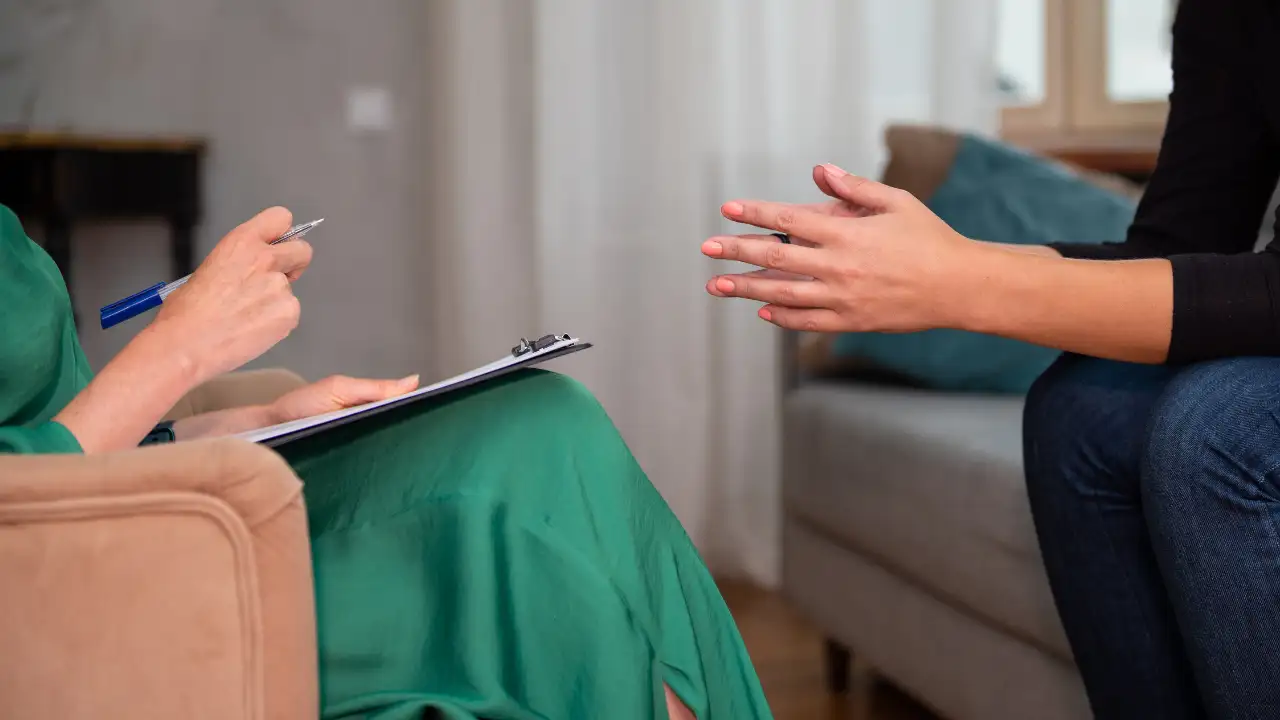It is true that mental health struggles are real, and they don’t discriminate. You can be high-functioning, outwardly cheerful, or seemingly "fine" and still feel like you’re carrying a silent weight. Therapy isn’t just for when things fall apart; it’s a proactive step toward understanding yourself and coping better with life’s challenges.
In a world that moves fast and praises resilience without often asking how we’re really doing, choosing to go to therapy is a powerful act of self-awareness and care.
- First things first: everyone has mental health, just like we all have bodies. Some days we wake up feeling positive about life; other days we are very low on energy. Therapy is simply a space where you get to unpack your brain clutter filled with those weird spirals of worry, that imposter syndrome, and your existential crisis with someone whose job is literally to not judge you.
- Think of therapy as emotional spring cleaning. You wouldn’t live in a house with years of junk piling up, so why live in a mind where stress, trauma, and anxiety are living rent-free? Therapists help you declutter those mental corners you’ve been ignoring for ages.
- And it’s not just for “big” problems either. You don’t need to be in the depths of despair to go. Feeling a bit stuck? Overwhelmed? Mildly annoyed at everything? Therapy can help. It gives you tools—real, actual tools—to cope better, communicate clearer, and understand yourself in a way that doesn’t involve scrolling through vague online quizzes at 2am.
- Still worried about the stigma? Know that therapy isn’t a weakness; it’s a power move. It’s you saying, “Hey, I deserve to feel better, and I’m brave enough to ask for help.” That’s not weakness; that’s gladiator-level emotional intelligence.
Get Latest News Live on Times Now along with Breaking News and Top Headlines from Health and around the world.
